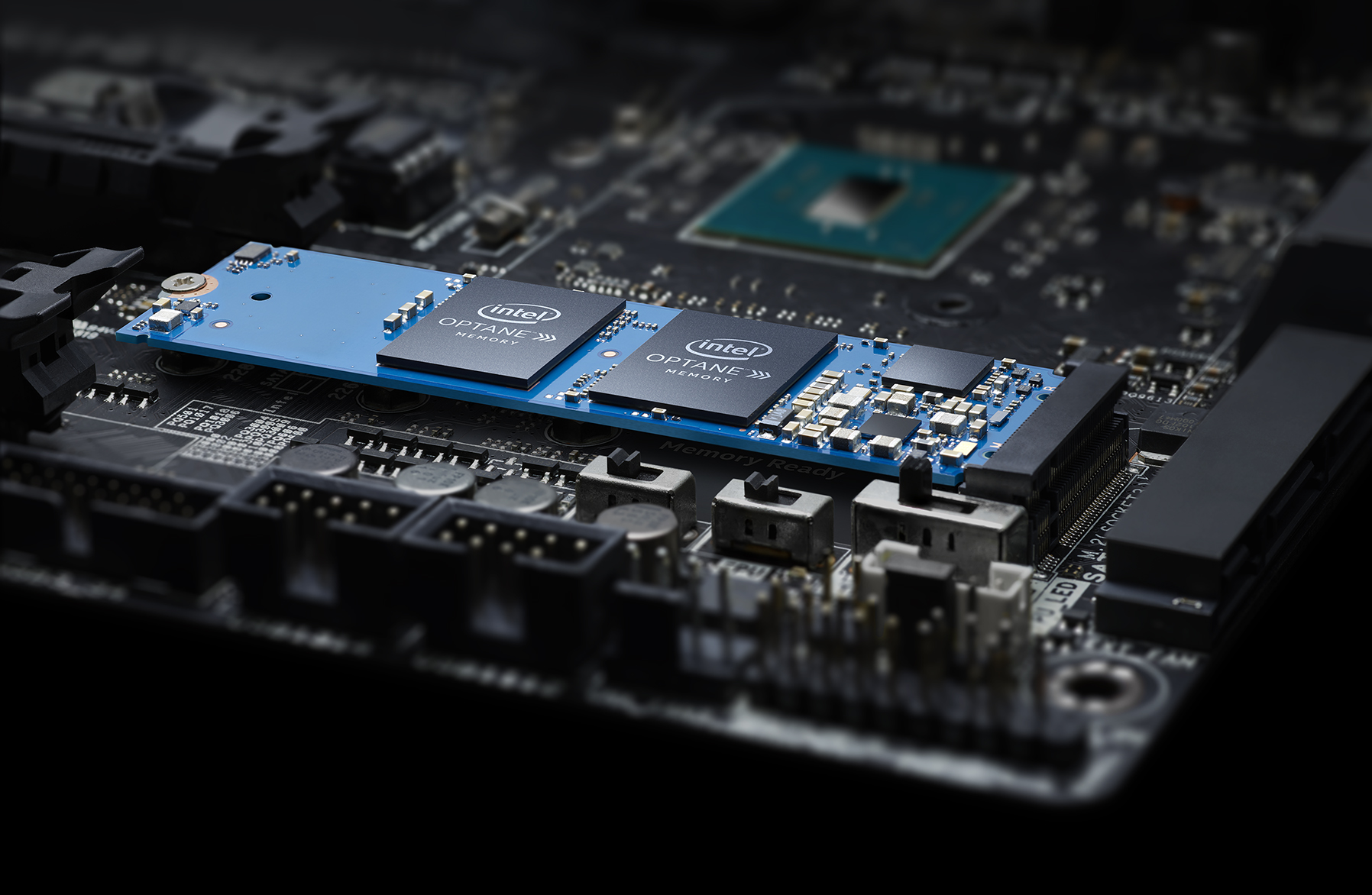Intel leak hints at super-fast and ultra-dense next-generation SSDs
Quad-level-cell NAND flash could be coming this year

A new leak appears to show Intel’s plans for its upcoming solid state drives (SSDs), and it looks like there's going to be some very impressive technology included that will bring faster read and write speeds, while upping storage space as well.
The details, which leaked online and were reported on by Tom’s Hardware, allegedly show Intel’s upcoming SSD product line with 64-layer 3D memory, along with their specifications.
If the leak turns out to be true, it looks like we’ll be seeing some very fast, very large SSDs in the near future.

Special specs
The top-of-the-range Intel 760p SSD is set to come in the M.2 PCIe form factor, built with 64-layer TLC (triple-level cell ) 3D NAND. NAND memory stores data in physical memory cells, and the more data is stored per cell, the denser the memory is.
The 760p will come in five capacities: 128GB, 256GB, 512GB, 1TB and 2TB, and will offer sequential read speeds of an astonishing 3,200 MB/s and write speeds of 1,600 MB/s. Basically, this is an incredibly fast SSD.
Next up is the 700p, which is a BGA-based SSD. BGA SSDs are quite a bit smaller than (already tiny) M.2 drives, and are often used in small tablet devices and 2-in-1 laptops. This comes in 128GB, 256GB and 512GB capacities, and offers speeds of up to 1,800 MB/s read and 1,200 MB/s write.
The 660p SSD is next, and this is particularly noteworthy as it comes with QLC (quad-level-cell) technology, which despite being even denser, will apparently be capable of speeds of 1,800 MB/s and 1,100 MB/s sequential read and write, respectively. This is faster than most people anticipated, which bodes well for QLC SSDs, and the 660p comes in 512GB, 1TB and 2TB capacities.
Get daily insight, inspiration and deals in your inbox
Sign up for breaking news, reviews, opinion, top tech deals, and more.
QLC technology could also see prices for SSDs drop, with one source telling Tom’s Hardware that 512GB QLC SSDs could be sold for around $100 (about £80, AU$125), which would be an incredible price for a such a large and fast SSD.
Hopefully we’ll see more QLC SSDs in the future, and if these Intel drives do exist, we look forward to testing them out soon.
- These are the best SSDs of 2018 so far

Matt is TechRadar's Managing Editor for Core Tech, looking after computing and mobile technology. Having written for a number of publications such as PC Plus, PC Format, T3 and Linux Format, there's no aspect of technology that Matt isn't passionate about, especially computing and PC gaming. He’s personally reviewed and used most of the laptops in our best laptops guide - and since joining TechRadar in 2014, he's reviewed over 250 laptops and computing accessories personally.